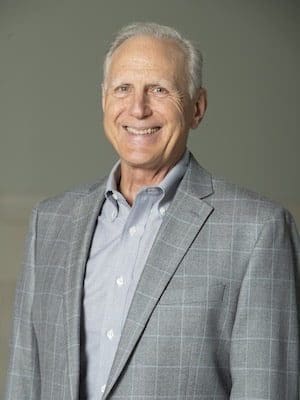Many church leaders face a serious dilemma created by deep political division and even acrimony within congregations. It’s hard to keep Christian communities together when participants are arguing divisive politics online, at coffee shops, and even in so-called Bible study groups.
So the peaceful solution for many ministers is to keep calling for kindness and working for peace among those who simply see God, the gospel and the world in vastly different ways — and therefore hold incompatible values related to human rights, personal responsibility, compassion, race and religion.
It is increasingly hard for ministers to offer any thoughtful, prophetic word on justice and equality without being seen as “taking sides” in the ongoing political divide among church members with diverse opinions.
It is especially challenging (and vocationally risky) to counter popular, highly visible “Christian” leaders, even when they greatly misrepresent the biblical faith by turning it into a get-rich scheme or tying it to a self-serving political agenda.
However, such misrepresentations of the gospel threaten the church and its proclamation of the gospel. (Of course, how to face such threats is only a dilemma for those ministers who don’t buy into such misrepresentations of the gospel themselves.)
The worst threat to Christianity in America today is not secularism, persecution or anything else fear-mongering preachers and politicians suggest. Far more damaging, for example, are the nonsensical proclamations of Franklin Graham that publicly portray faith in Jesus as an ill-informed, politicized assault that Jesus himself refused to embrace.
On a recent Fox News show, Graham was introduced as “the voice of evangelicals” (for those who argue that the term has not been tarnished beyond reclamation — or would suggest the public image of the Christian faith is not shaped by charlatans).
Graham gets such a high platform for his thoughtless theology — that makes God into a political hack — simply by birthright. The ensuing problem, however, is less about Graham himself than the many gullible followers so eager for someone to validate their comfortably crafted civil religion that allows them to retain their political perspectives under the guise of faithfulness.
There are many thoughtful ministers trying to find a constructive way to speak truth about such abuses of the gospel without fracturing the very communities of faith they are called to serve.
But it’s tough for them when the high-profile “voice of evangelicals” or the televised prosperity preacher is granted more credibility than the trustworthy minister who married off their children, visited them in the hospital, baptized their grandkids and buried their parents.
And I’m never quite sure if pointing out this dilemma and the sources of a polluted gospel is helpful or not.
Director of the Jesus Worldview Initiative at Belmont University in Nashville, Tennessee and former executive editor and publisher at Good Faith Media.


